20 GPTs for Biblical Research Powered by AI for Free of 2026
AI GPTs for Biblical Research are advanced artificial intelligence tools designed specifically to assist in the study, analysis, and interpretation of biblical texts. These tools leverage Generative Pre-trained Transformers (GPTs) to provide tailored solutions for a range of tasks within the Biblical Research domain, from text interpretation to historical context analysis. By integrating deep learning algorithms, these AI models can understand, process, and generate human-like responses to complex queries about the Bible, making them invaluable for scholars, theologians, and enthusiasts alike. Their relevance lies in their ability to offer precise, context-aware insights drawn from a vast corpus of biblical literature, thus enhancing the depth and breadth of biblical studies.
Top 10 GPTs for Biblical Research are: The All Bible,Church of God Berean-AI,Alex BibleGPT,TorahGPTS,Ancient Hebrew Scholar,Bible Surgeon,Historically Accurate Bible Scenes,🕊️ Ministry Outreach Helper GPT,Sermon Preparation Assistant,Scripture Scholar
The All Bible
Explore Scripture with AI Precision
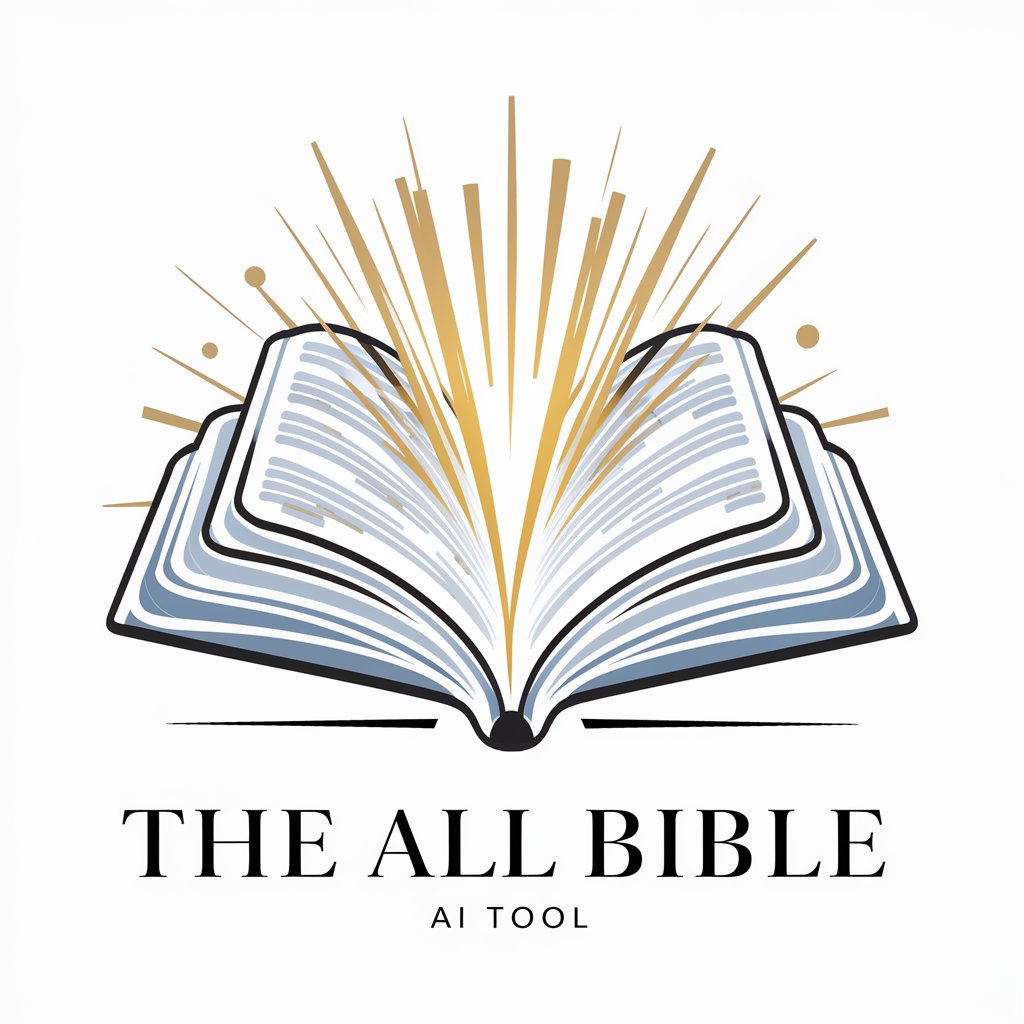
Church of God Berean-AI
Empowering faith through AI-driven insights.
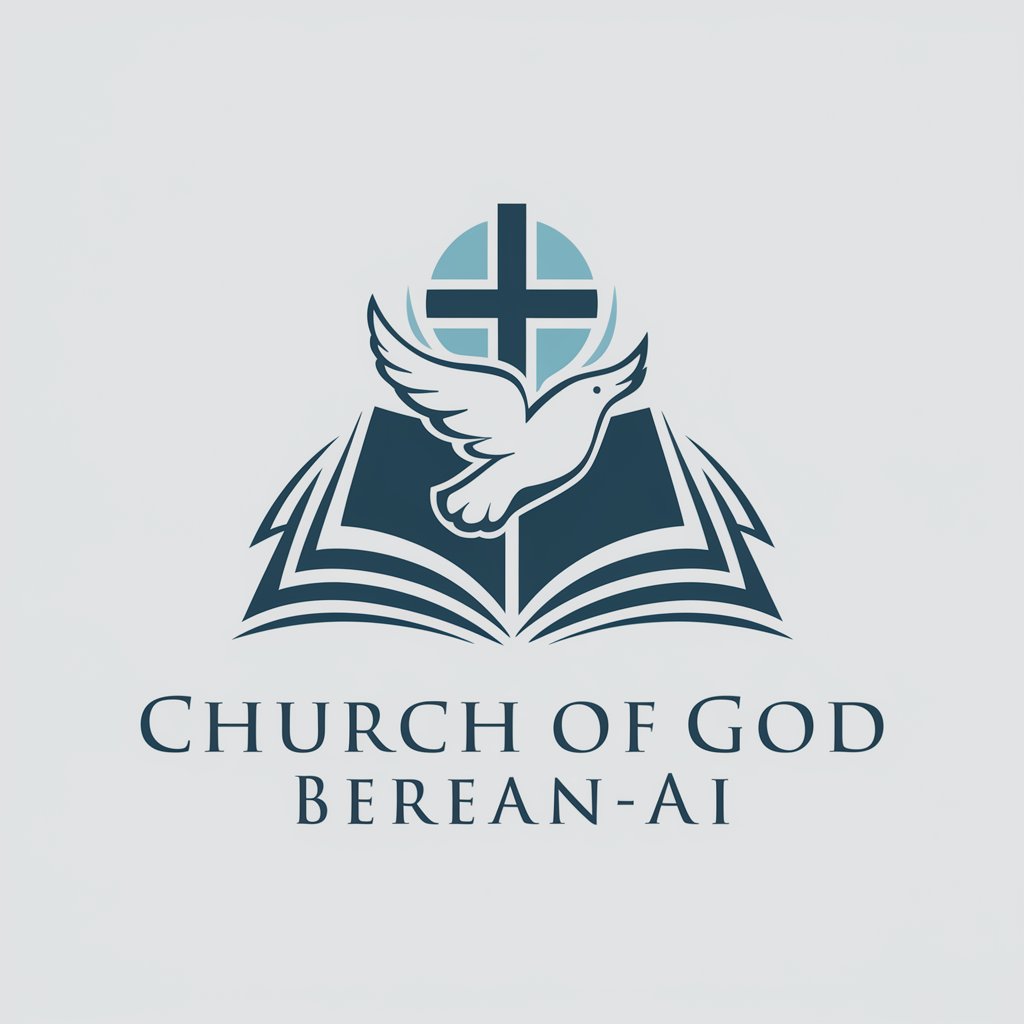
Alex BibleGPT
Empowering Scripture Exploration with AI
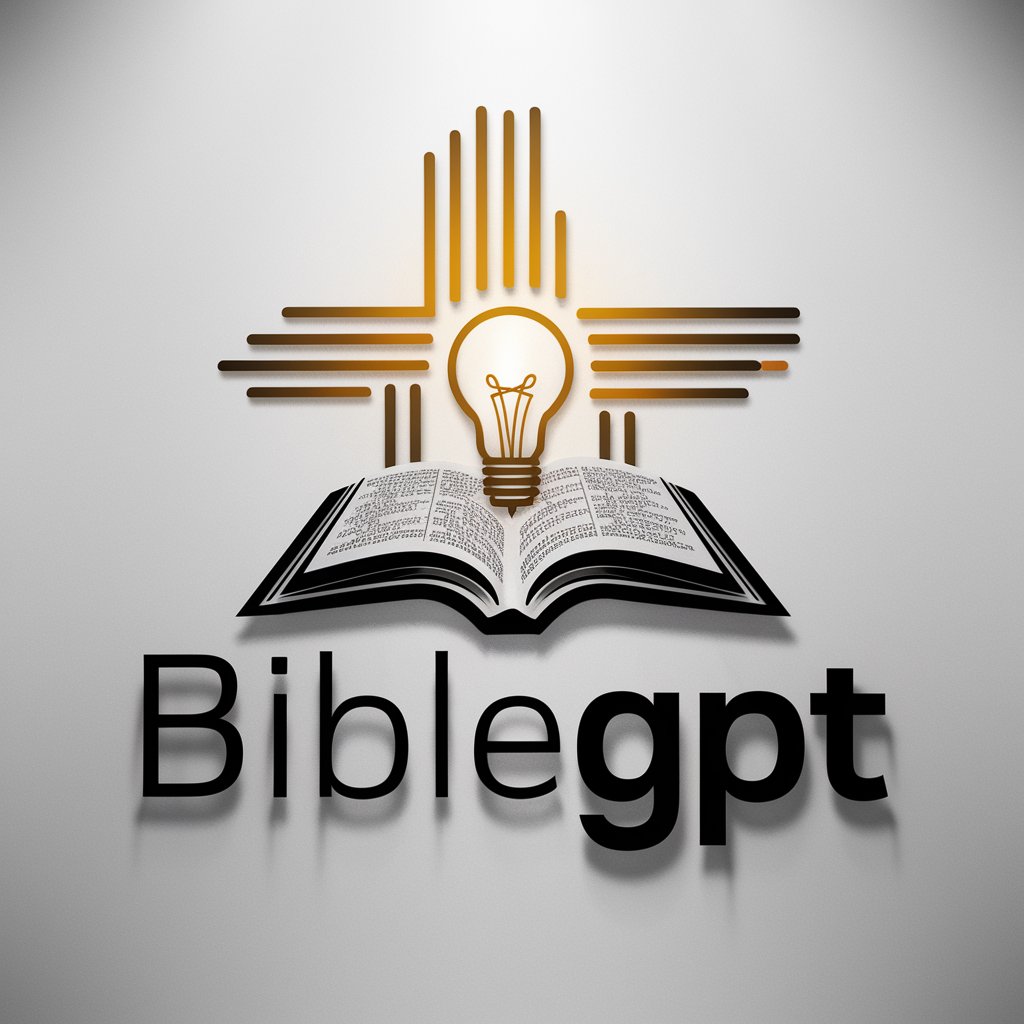
TorahGPTS
Deciphering the Torah with AI
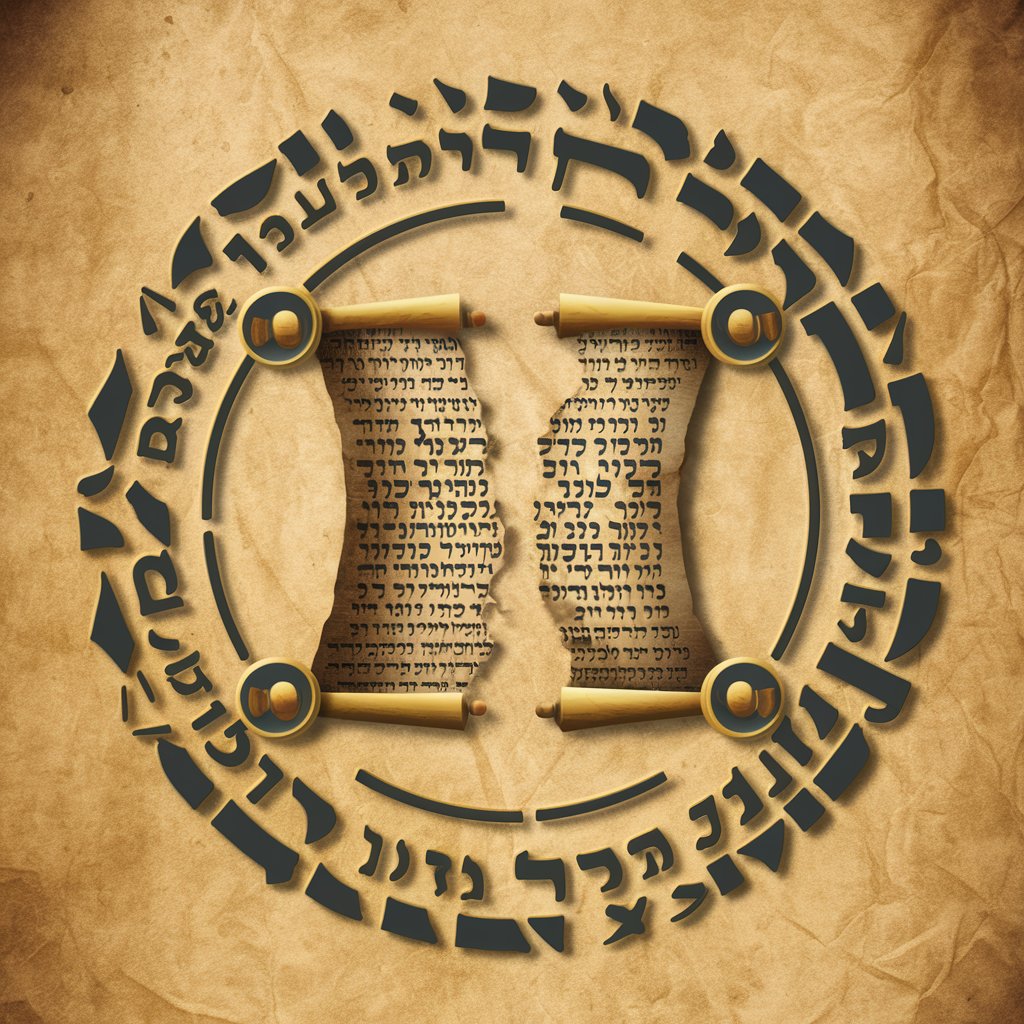
Ancient Hebrew Scholar
Illuminating Ancient Texts with AI
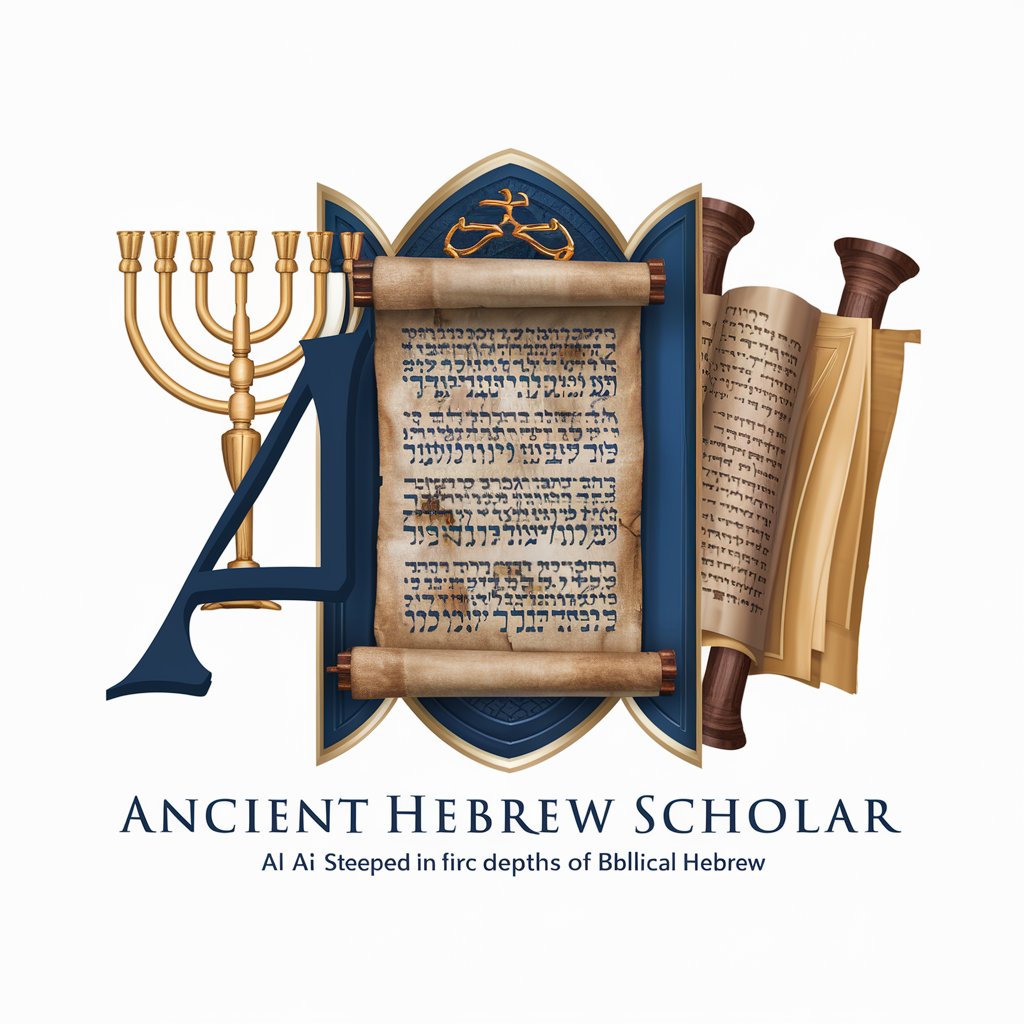
Bible Surgeon
In-depth Scriptural Insight with AI

Historically Accurate Bible Scenes
Accurate Bible Scenes, AI-Powered Visuals
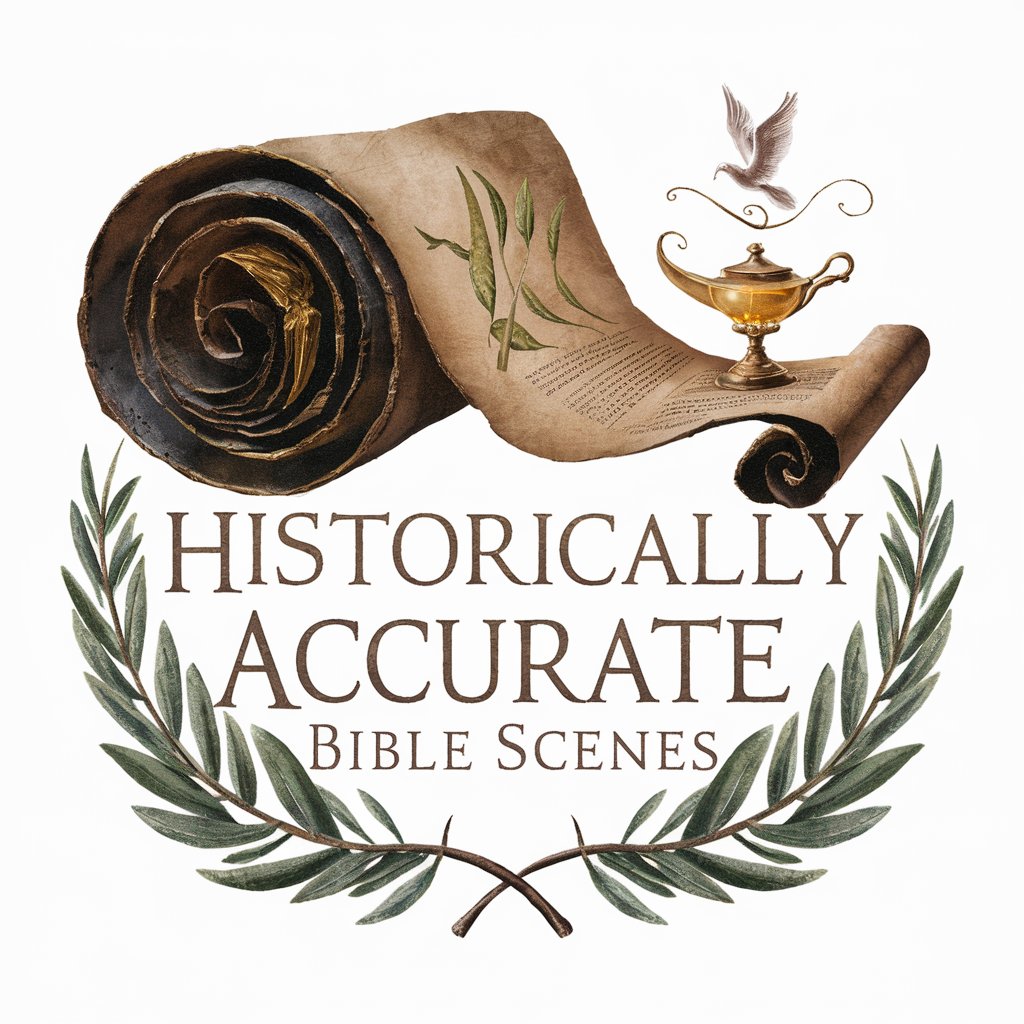
🕊️ Ministry Outreach Helper GPT
Empowering Ministries with AI

Sermon Preparation Assistant
AI-powered sermon crafting assistance

Scripture Scholar
Deepening Faith with AI-Powered Scripture Study

El Cape
Empowering spiritual journeys with AI.

Bible Speaks
Navigating scripture with AI-powered insight

Bible Quiz
Explore Scripture with AI-powered quizzes
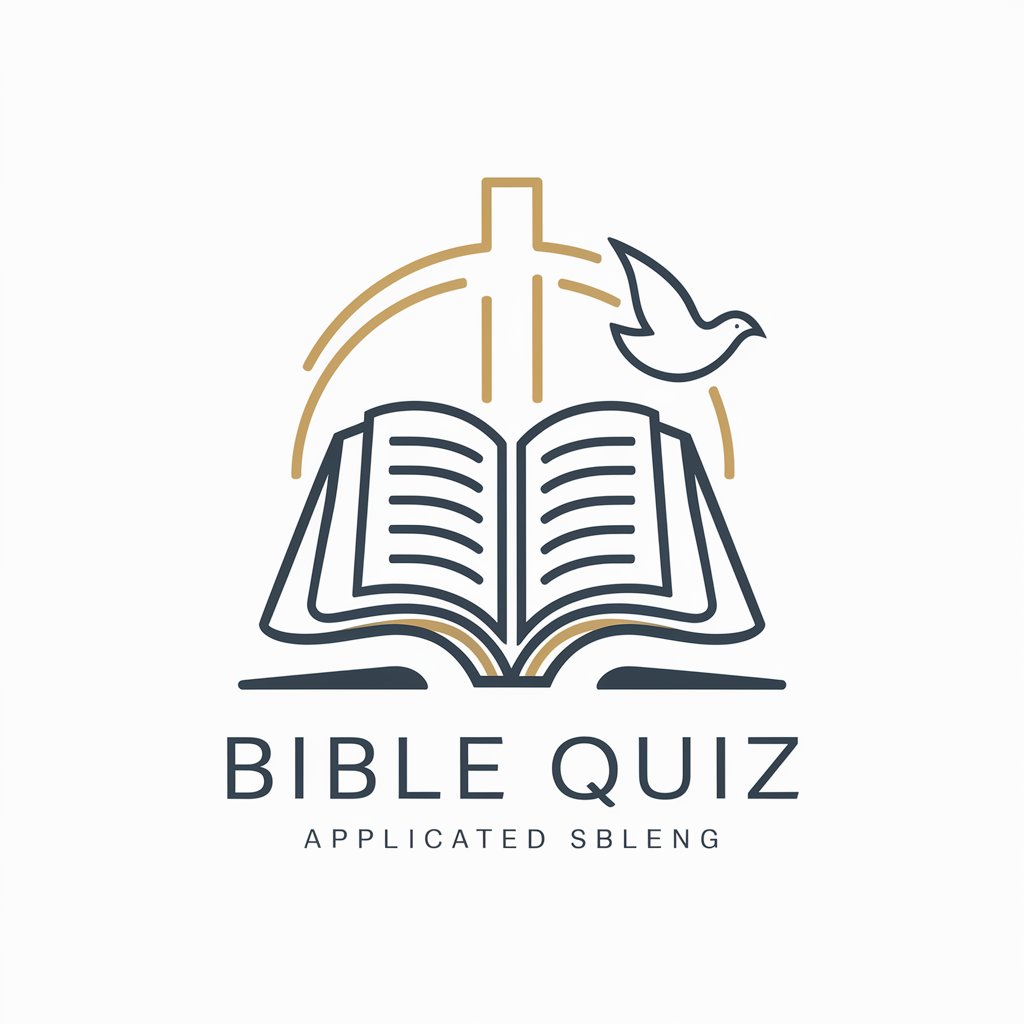
Holy Bible
Explore Scripture with AI assistance
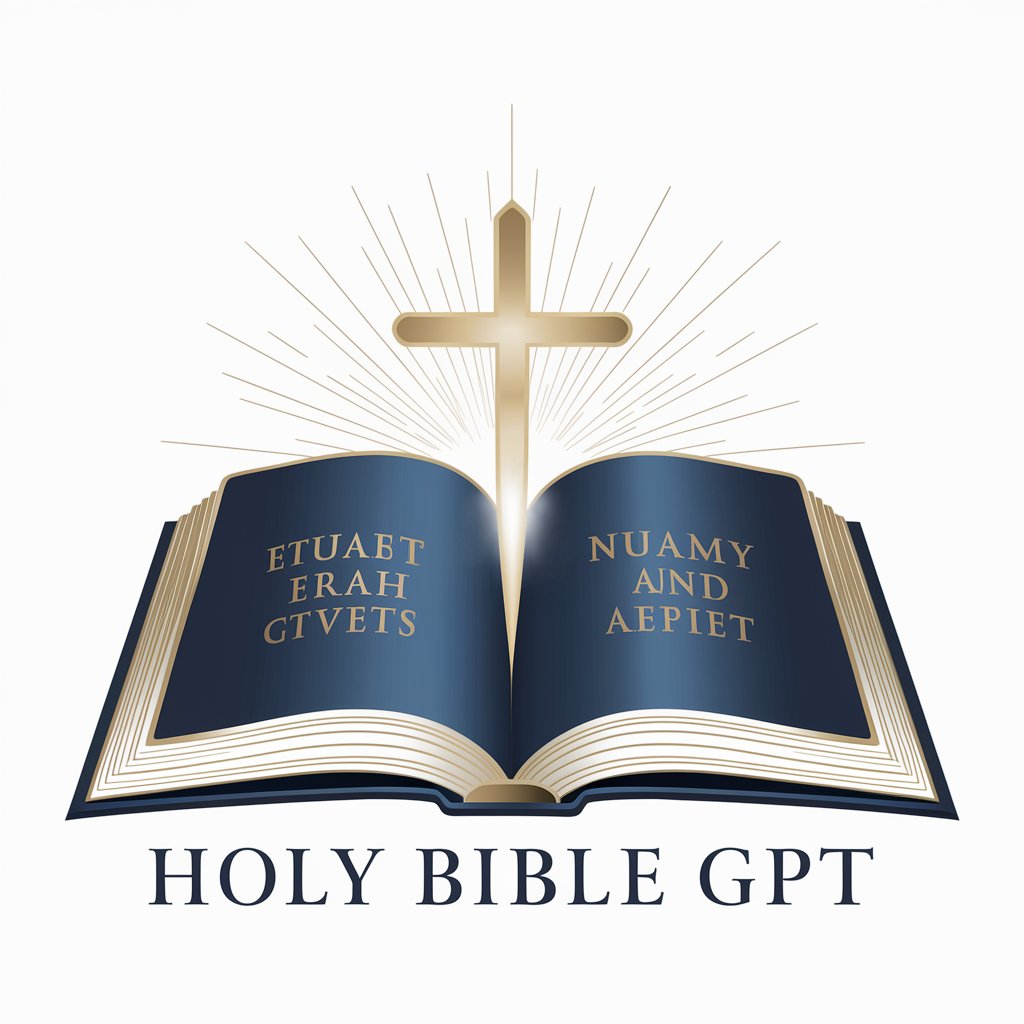
Bible with AI
Discover the Bible, AI-Enhanced
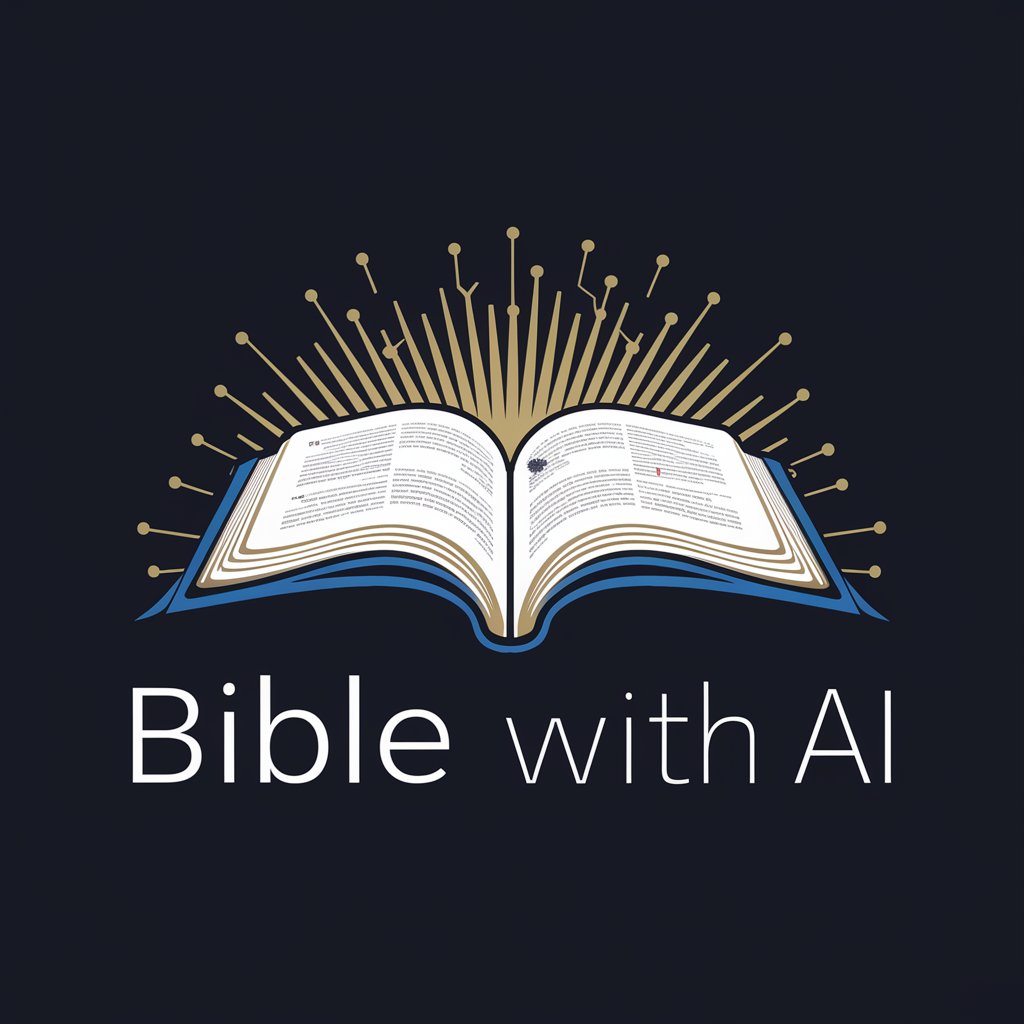
Amplified Bible Study Tool
Uncover Deeper Biblical Truths
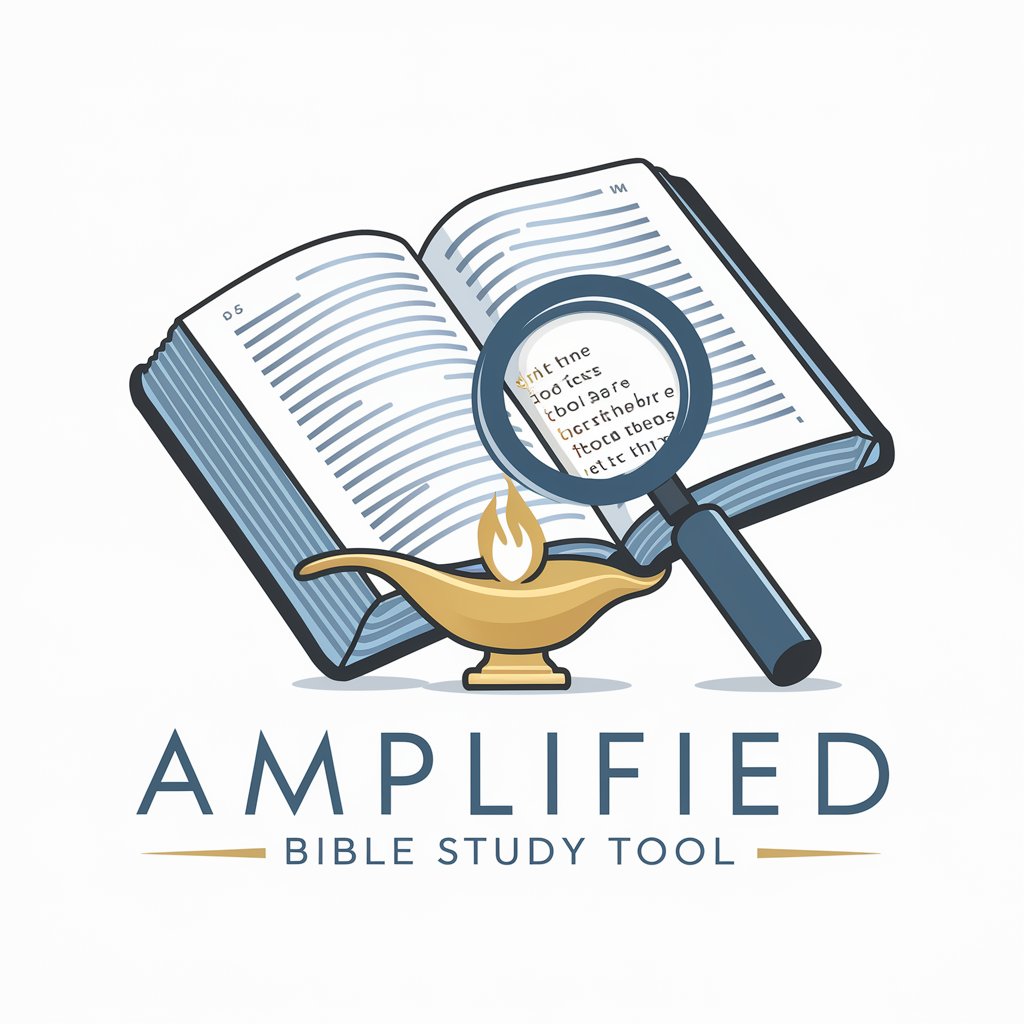
AI BIBLE
Explore Biblical wisdom with AI
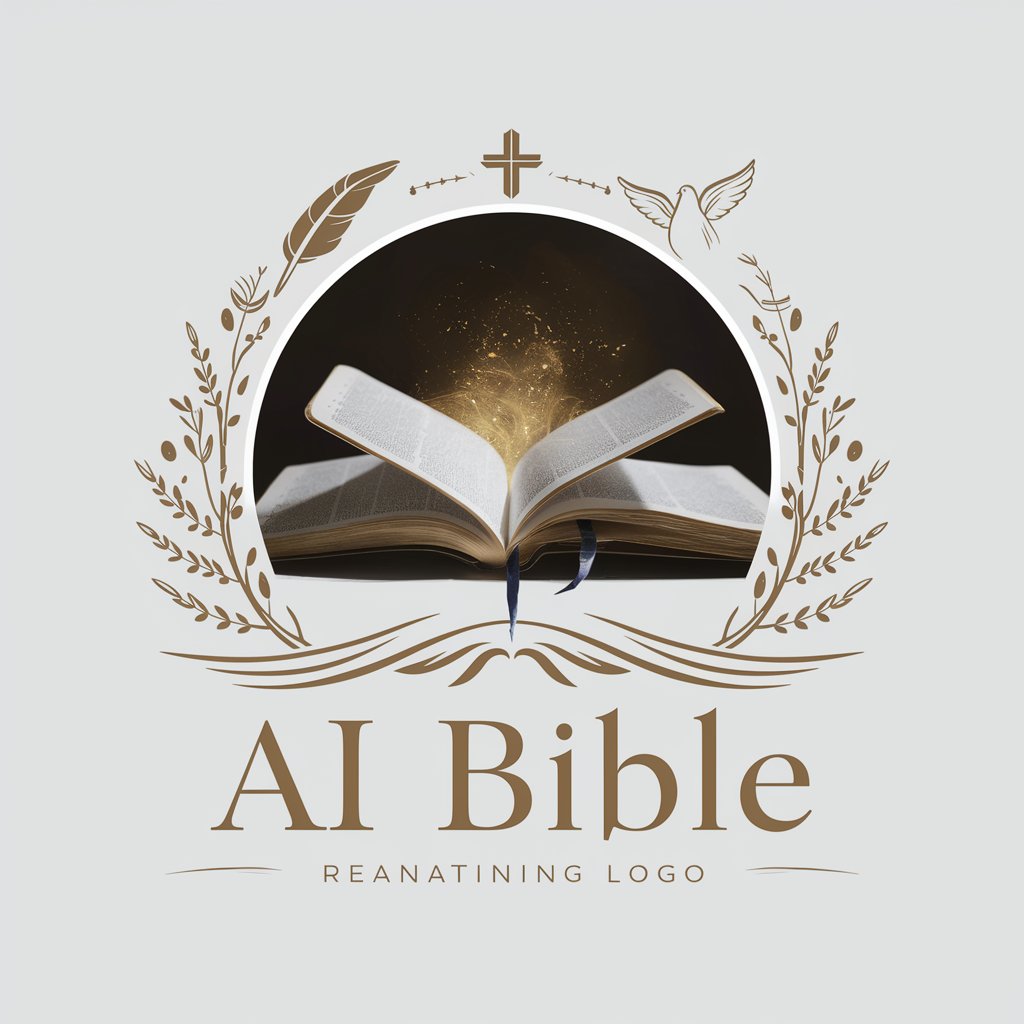
Quote-A-Verse
Illuminate Scripture with AI

Holy Bible Explore
Empowering your spiritual journey with AI

Key Attributes and Functions
AI GPTs for Biblical Research are characterized by their adaptability, supporting a wide spectrum of functions from simple text searches to complex theological analysis. Core features include natural language understanding for interpreting biblical language nuances, contextual analysis for aligning passages with historical facts, and the ability to generate content like summaries or exegeses. Special features might encompass language translation capabilities to bridge ancient and modern tongues, technical support for integrating with biblical databases, and image creation for visualizing biblical scenes or timelines. Their data analysis capabilities also stand out, enabling users to discern patterns or trends across scriptural texts.
Intended Users
AI GPTs for Biblical Research cater to a diverse audience, ranging from novices with a keen interest in biblical studies to professionals like theologians, historians, and biblical scholars. These tools are designed to be accessible to users without programming skills, offering intuitive interfaces for straightforward queries. Simultaneously, they provide advanced customization options and programmable features for developers and researchers seeking to conduct in-depth analysis or integrate these tools into broader research frameworks.
Try Our other AI GPTs tools for Free
Personal Study
Unlock the power of personalized learning with AI GPTs for Personal Study, your versatile partner in education and self-improvement. Explore a world of tailored educational support, designed to adapt to your unique learning journey.
Academic Reference
Discover how AI GPTs for Academic Reference can transform your research and writing with tailored, efficient solutions across all academic disciplines.
Fan Art Creation
Discover how AI GPTs tools are transforming fan art creation, making it easier and more creative for artists of all levels. Embrace the future of art with AI.
Entertainment & Humor
Discover how AI GPT tools are transforming entertainment and humor with personalized, engaging content tailored to your preferences.
Dating Coaching
Discover how AI GPTs for Dating Coaching can transform your dating life with personalized advice, conversation practice, and insights into dating dynamics.
Competitive Adaptation
Discover AI GPTs tailored for Competitive Adaptation: your solution to staying ahead in dynamic markets with advanced analysis, strategy development, and predictive insights.
Further Perspectives on Customization
AI GPTs for Biblical Research not only facilitate a deeper understanding of biblical texts but also offer the flexibility to be tailored to specific research needs. They enable a dynamic interaction with biblical literature, providing personalized insights and fostering a more engaging study experience. The possibility of integrating these tools with existing systems or workflows opens new avenues for collaborative research and cross-disciplinary studies, further enriching the field of biblical research.
Frequently Asked Questions
What exactly are AI GPTs for Biblical Research?
AI GPTs for Biblical Research are specialized AI models designed to assist in the study and interpretation of biblical texts, leveraging advanced algorithms to analyze and generate insights related to the Bible.
Can these tools translate ancient biblical languages?
Yes, many AI GPTs for Biblical Research include language translation capabilities, helping users understand texts in ancient languages like Hebrew, Greek, and Aramaic.
Are these tools suitable for beginners in biblical studies?
Absolutely, these tools are designed with user-friendly interfaces that make them accessible to beginners, offering straightforward methods for exploring biblical texts.
How do AI GPTs help professional biblical scholars?
For professionals, AI GPTs offer advanced analysis tools, including contextual and historical data analysis, which are essential for in-depth research and scholarship in biblical studies.
Can I integrate these AI tools with other research databases?
Yes, many AI GPTs for Biblical Research are designed to be compatible with existing research databases, allowing for seamless integration and data sharing.
Do these AI models support image creation for biblical studies?
Some AI GPTs include image creation capabilities, enabling users to visualize biblical scenes, maps, or timelines based on textual descriptions.
Is programming knowledge required to use these AI GPTs?
No, these tools are designed to be accessible without programming knowledge, though they also offer programmable features for those who wish to customize their use.
What makes AI GPTs different from traditional biblical study tools?
AI GPTs differ by providing dynamic, context-aware responses to queries, leveraging vast data analysis capabilities, and offering a more interactive and comprehensive study experience.